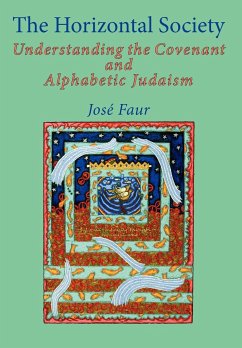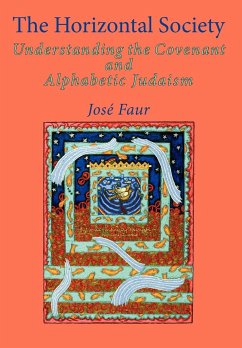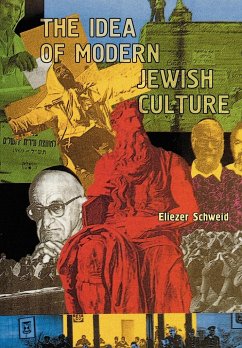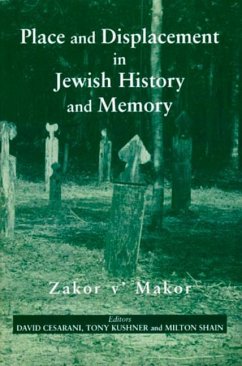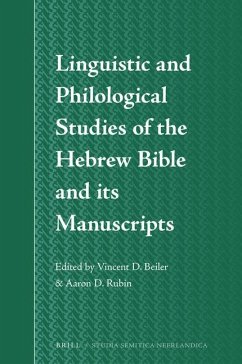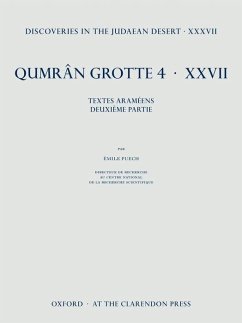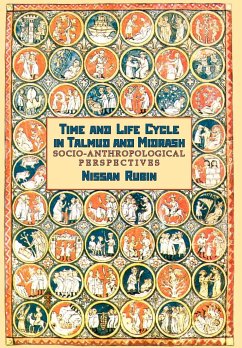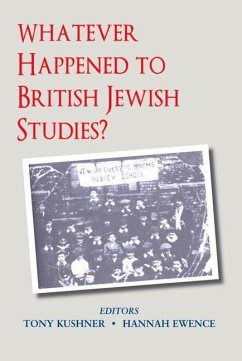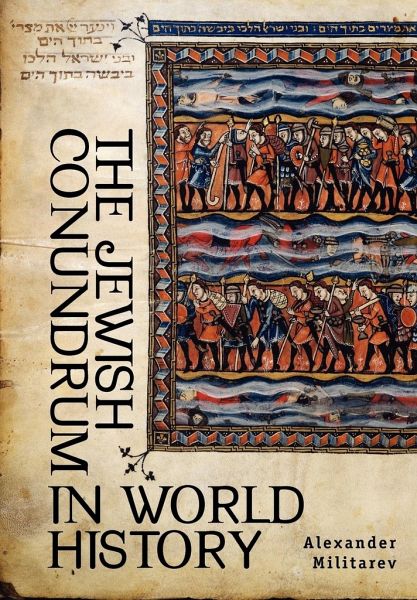
The Jewish Conundrum in World History

PAYBACK Punkte
64 °P sammeln!
Following what may be conventionally called the Jewish ethno-cultural model and tracing its performance throughout history, Alexander Militarev's book is the first scholarly attempt to apply a synthetic, comprehensive approach to the Jewish phenomenon-an alternative to the metaphysical and religious ones-and to evaluate it in a comparative context. In highlighting the unique and disproportionately great Jewish contributions, and the recent Russian Jewish contribution in particular, to human civilization, it poses as its main question: "Why the Jews?" Militarev dedicates his book to the analysi...
Following what may be conventionally called the Jewish ethno-cultural model and tracing its performance throughout history, Alexander Militarev's book is the first scholarly attempt to apply a synthetic, comprehensive approach to the Jewish phenomenon-an alternative to the metaphysical and religious ones-and to evaluate it in a comparative context. In highlighting the unique and disproportionately great Jewish contributions, and the recent Russian Jewish contribution in particular, to human civilization, it poses as its main question: "Why the Jews?" Militarev dedicates his book to the analysis of the Jewish phenomenon, its manifold reasons and consequences. Laying bare the "kitchen" of scholarly research, Militarev embarks on a scholarly adventure akin to a film-noir who-dunnit, complete with intrigue, the need for stringent self-control, inexorable doubts, and the thrill of the chase after the enigma's solution.




